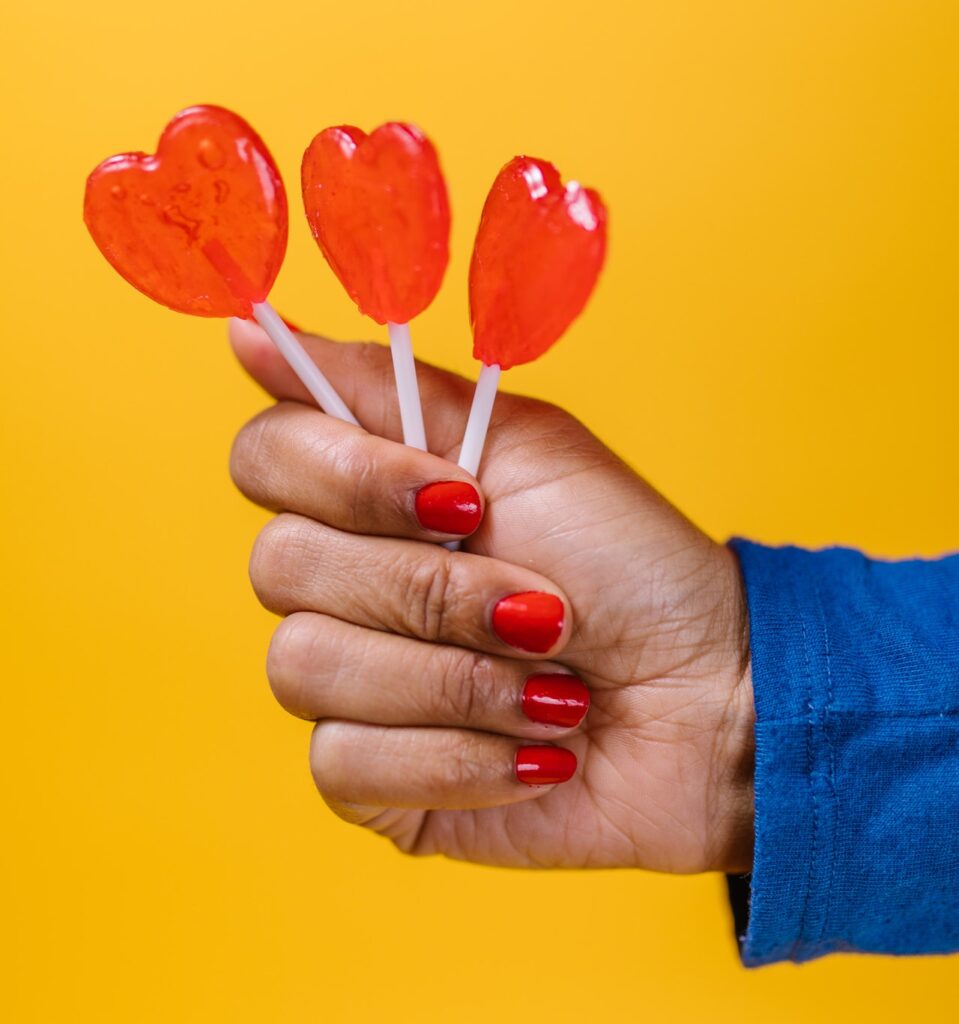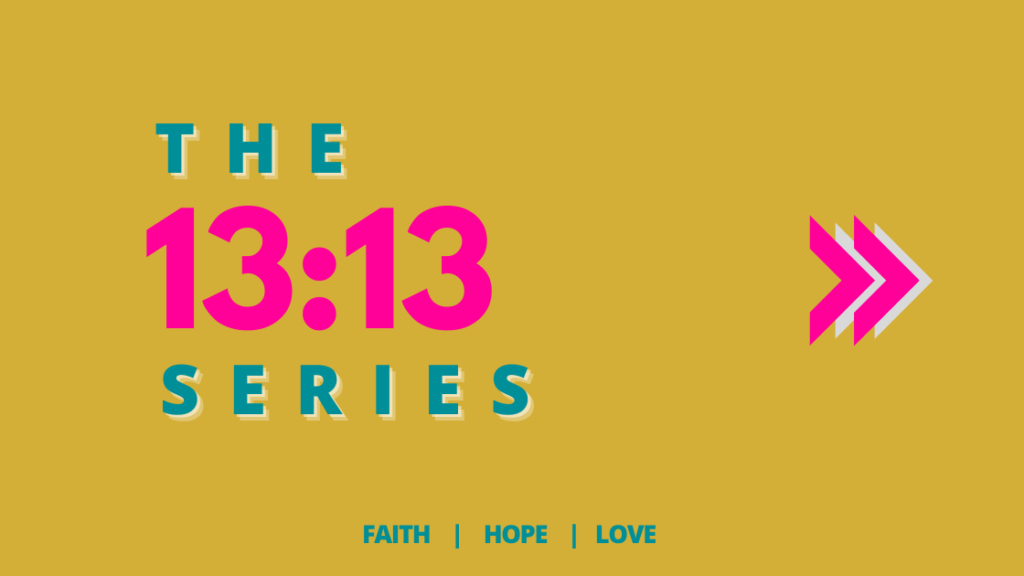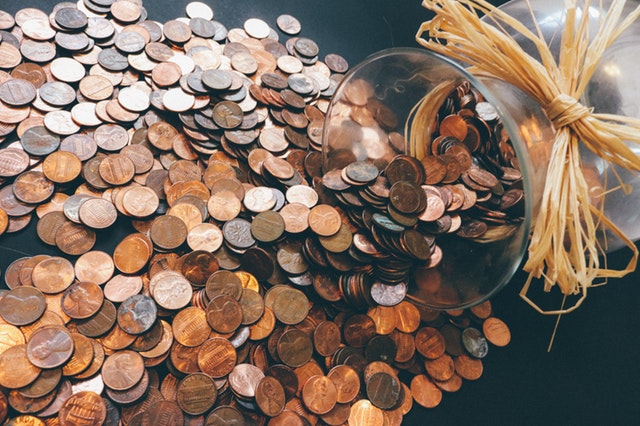It’s always been important for me to give to and serve others who needed help. It’s an important life principle that I learned from my mother. As the stay-at-home orders began last year, I felt this incredible sadness and anxiety thinking about how COVID would impact families, especially in underserved areas. Every shutdown or news story about increasing food insecurity sent me into a tizzy. I felt powerless and the only thing that was making me feel “better” was donating money.
I remember saying, “The only way that I’ll get through this is by giving.”

What I was actually doing was backing myself into a corner of shame. Each time I gave, I felt bad that I couldn’t do more to help. So, I sought out more ways to help. It became counter-productive because I could never give enough to shake those negative feelings. They were now guiding my decisions, not the desire to truly help.
To break the cycle, I needed to check my heart. God loves a cheerful giver, not an anxious one.
Aside from shame, there are other negative reasons that can drive our desire to give:
- Pity
- Guilt
- Pride or ego
- Fear
- Insecurity
Giving for the right reason
As you begin your generosity journey or continue it, take a moment to confirm that you are giving for the right reasons. Here are three questions that you can ask.
- Why am I giving to this cause or person?
- If no one was looking, would my actions still be the same?
- Am I expecting recognition for my action?
You might be wondering why it matters how you feel when you cut a check or volunteer. Yes, the organization will benefit from your support, regardless of how you feel.But, we’re talking about us.
Being a cheerful giver positions our gifts as acts of love and acts of faith. Your heart will always mean more than the size of your gift.





No Comments